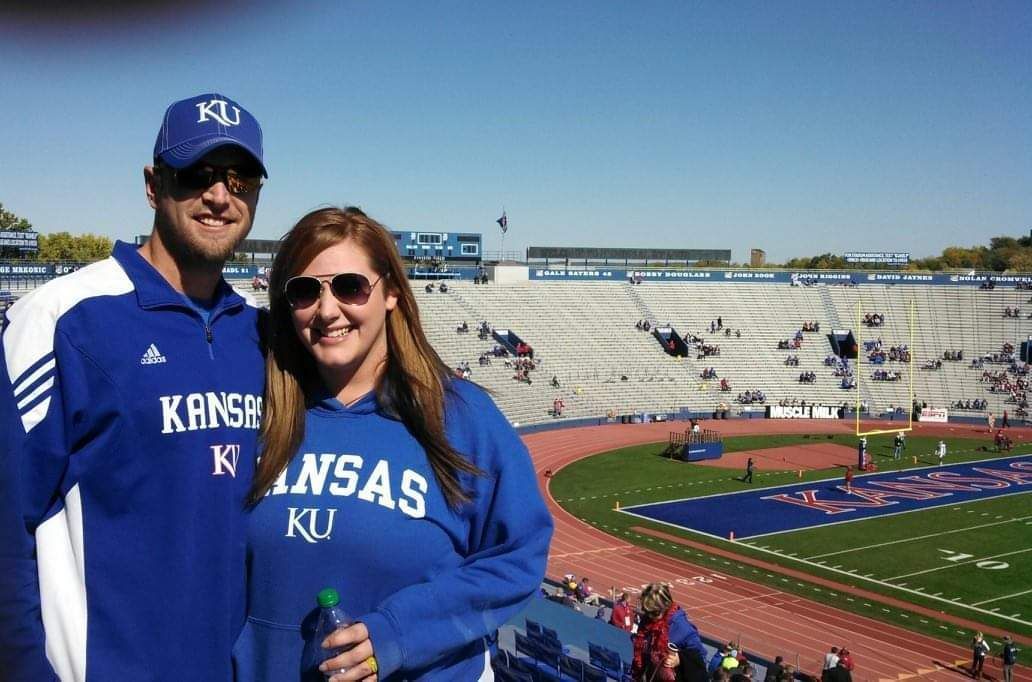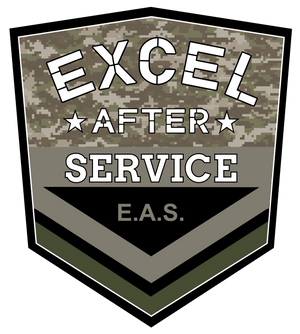
Everyone has different experiences exiting the military. Many factors play into these experiences such as: support system, trauma attained in the military, sturdiness of their plan, etc. However, despite these differences, nearly all Veterans experience many similar issues and feelings upon getting out. In this blog, I will discuss my personal experience and why offering a support system and training is vital to success with adapting to Veteran life after service.
When you’re in the military, you have the support of every brother and sister you serve with. You also grow accustomed to rent, utilities, and food being automatically taken from your paycheck. The only expenses you need to worry about are your phone, car payments, insurance, etc. That means, for at least four years, you have budgeted your money for these extra items and nothing else. There was no need to. If you need help, your brothers and sisters offer it without you having to make an ask. If you are struggling, they offer a hand based on a code that “we leave nobody behind.” That is the rule on the battlefield, but it transfers to military life in the United states as well. This is the support system we have all come to count on so much that it’s almost a culture shock once we get out of the military.
For starters, the extensive training we have received to be successful in battle becomes a burden when we enter Veteran life after service. I can give you two personal examples of how I was affected. Vacations are no longer a relaxing getaway. When I travel, I don’t have a baseline for the new place and the new faces. That means I am constantly analyzing threats. It’s automatic. I can’t turn it off. My second example is going out to eat. To most, this is a pretty low-key activity. However, when I go to a restaurant, I am looking for the best table, and the perfect seat at that table to give myself an advantage should something happen-- very unlikely, but this is how we are trained. Then, once situated in the most ideal spot, the threat analysis begins. I am constantly checking my surroundings.
Constant awareness keeps the nervous system working in a heightened state. According to my wife, this is not good, and can actually affect my health. Who knew? But, I was trained to maintain and successfully operate at this level. It’s different once you get out though, the feelings are intensified when you realize that you don’t have your brothers and sisters around to assist you. You become a one man/woman team. This is the burden Veterans signed up for, and we are proud to accept it if it means that civilians can live safely, that they can go on those vacations or go out to eat with their families/friends without experiencing what we do. They can rest assured that we honorably accept the burdens, so they don’t have to. This is part of our sacrifice to the civilians of this nation.
When I got out, I had a great support system. I also had a pretty good plan in place... or so I thought. I enrolled into the same university that I had attended prior to my service and figured I would pick up right where I left off. It hit me pretty quickly that this new life was vastly different from the one I knew before I joined the Marine Corps. The world didn’t stop for me. All of my lifelong civilian friends completed college, started jobs, some had started families. On top of that, it suddenly became very clear when I entered my first lecture hall that I had aged. My 18-year-old college peers and I would not be sharing similar life experiences. They probably couldn’t even fathom many of my experiences. This created two types of isolation that I didn’t even consider. Isolation from my civilian friends, and isolation from my new peers. On top of that, I was no longer surrounded by my military family to help me cope with this new life. It felt nearly impossible to make any real connections in the civilian world due to my recent experiences and my new outlook on the world around me. I would sit in a lecture hall-- after carefully examining which seat gave me the best tactical advantage to act in case the unlikely attack occurred-- and feel completely alone.
Now let’s talk more about the budgeting I mentioned earlier. There is a safety net in the military with rent, utilities, and food. If an unexpected expense depleted your very small paycheck, so long as you were living in the barracks, you knew you didn’t need to worry about missing a rent payment, or not having enough money to eat. There isn’t much training on these aspects upon leaving the military. The reality of it hits you like a brick wall once you’re out.
There needs to be more training regarding the successful return to the civilian world and all that it entails. Think about that 18-year-old that enters the military and leaves at 22. They don’t know what rent is or how to budget, and the classes offered before you exit, while helpful, don’t address the many examples that real life presents. It’s like in math class, the examples you go over in class are simple. Then, when you go home and do your homework, the problems assigned look like they are in a foreign language. However, this isn’t math class, this is life. We are expecting Veterans with a completely different outlook on the world to transition with ease, when in fact, the process is incredibly difficult. In the military, we were also trained to hide any weakness. This means that the Veteran you see every day may be going through more than they let on.
Again, I had a great support system, but honestly, I can’t imagine going through everything I went through without one, which is what many Veterans experience. I can’t imagine feeling alone in full lecture halls, then going home to no one. I completely understand how in three short years, isolation can add to the burden we already voluntarily carry, and force Veterans to make difficult decisions.
I’m not telling you these stories to make you feel sorry for Veterans. We signed up for this new outlook on life. This is only to help you understand what we go through. These are just my experiences. I made it through to the other side successfully, but I wouldn’t be doing my brothers and sisters any favors if I kept going without looking back to offer help for those that don’t have the same support tools I was blessed with. This is the reason Camo to College exists. We need to offer a support system and adequate training to make sure Veterans succeed in life after service. We can’t do this without your support though. If you are able, please view the donation page to help us further our mission. It can mean the difference between life and death for our Veterans. Yes, Veterans accept the burden, but it doesn’t mean we are equipped to carry it alone. We need your help.
